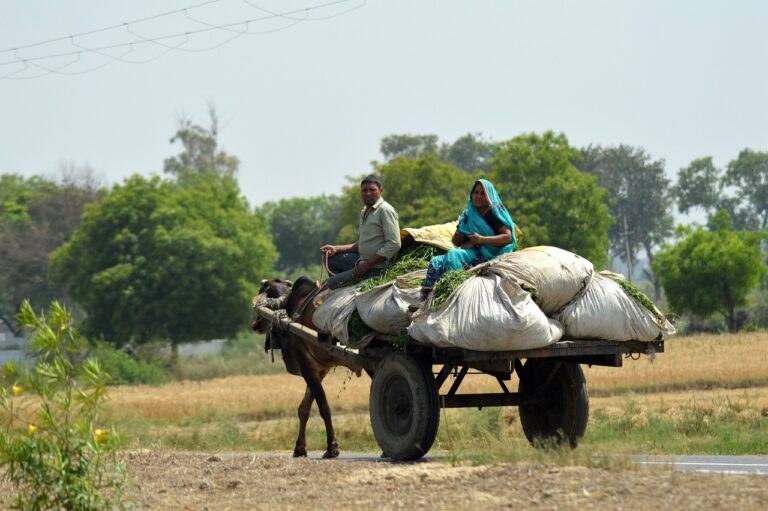Exploring Alternatives to Traditional Campaign Financing Models: Diamond exchange sign up, Sky99exch com login, Reddy book club
diamond exchange sign up, sky99exch com login, reddy book club: In the realm of political campaigns, financing is a crucial aspect that can make or break a candidate’s chances of success. Traditional campaign financing models have long relied on large donations from corporations, wealthy individuals, and political action committees (PACs). However, in recent years, there has been a growing movement towards exploring alternatives to these traditional models in an effort to reduce the influence of money in politics and level the playing field for candidates from all backgrounds.
One alternative that has gained traction in recent years is grassroots fundraising. This model relies on small donations from a large number of individual donors to fund a campaign. Candidates who embrace grassroots fundraising often appeal to a broader base of supporters and are able to demonstrate their grassroots support to voters. This approach can also help to reduce the influence of big money donors and special interests on a campaign.
Another alternative to traditional campaign financing models is public financing. Under this model, candidates receive public funds to finance their campaigns instead of relying on private donations. Public financing can help to reduce the influence of special interests on campaigns and ensure that candidates are accountable to the public rather than wealthy donors.
Crowdfunding is another alternative to traditional campaign financing models that has become increasingly popular in recent years. Platforms like Kickstarter and GoFundMe allow candidates to raise funds from individual supporters online. Crowdfunding can be a useful tool for smaller, grassroots campaigns that may not have access to traditional fundraising networks.
Matching funds programs are another alternative to traditional campaign financing models that can help to level the playing field for candidates. Under a matching funds program, candidates receive matching funds from the government for every small donation they receive. This can incentivize candidates to focus on grassroots fundraising and reduce the influence of big money donors on their campaigns.
Overall, exploring alternatives to traditional campaign financing models can help to create a more equitable and transparent political system. By reducing the influence of big money donors and special interests, these alternative models can help to ensure that candidates are accountable to the public and that all voices are heard in the political process.
FAQs:
Q: Are there any downsides to alternative campaign financing models?
A: While alternative campaign financing models can help to reduce the influence of money in politics, they may also present challenges for candidates. For example, grassroots fundraising can be time-consuming and may require candidates to spend more time on fundraising than on campaigning. Similarly, public financing programs may limit the amount of money that candidates can raise and spend on their campaigns.
Q: How can candidates ensure compliance with campaign finance laws when using alternative financing models?
A: Candidates using alternative financing models should familiarize themselves with campaign finance laws and regulations to ensure compliance. Working with legal advisors and financial experts can help candidates navigate the complexities of campaign finance laws and avoid potential pitfalls.
Q: Can alternative campaign financing models be effective in competitive races?
A: Yes, alternative campaign financing models can be effective in competitive races. Candidates who leverage grassroots fundraising and public financing can appeal to a broader base of supporters and demonstrate their commitment to transparency and accountability. By engaging with voters and building a strong grassroots network, candidates can compete effectively in even the most competitive races.







